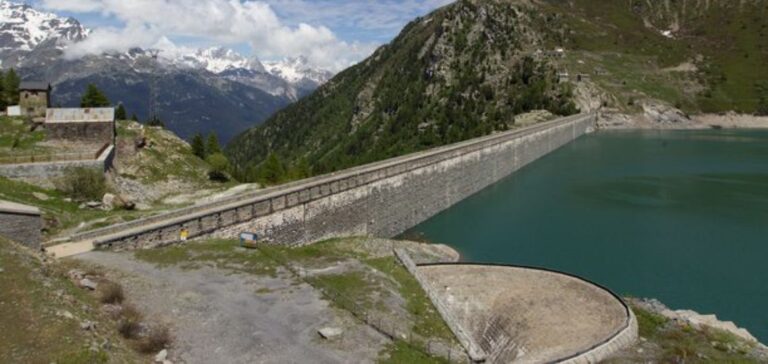The CEO of EDF, Luc Rémont, testified on Tuesday before a commission of inquiry of the National Assembly to establish the reasons for the loss of sovereignty and energy independence of France. He emphasized the importance of hydroelectricity in French electricity production and called for a review of the country’s hydraulic potential.
A hydroelectric park in development
Luc Rémont said that the hydroelectric park was crucial to “getting through the winter” without power outages. He explained that every night of the winter, water was brought up at very high efficiency to have the hydraulic capacity during the day. This method was one of the elements that allowed us to get through the winter without incident.
Mr. Rémont considered that there is a hydraulic potential in France, which it is useful to re-examine. He also called for the integration of hydropower management in the constitution of water reserves to benefit France in the long term in a context of less predictable rainfall.
The CEO of EDF also stressed that France is still insufficiently equipped with Step power plants, which are very useful for absorbing peaks in electricity consumption. He noted that this untapped Step potential “is estimated at 2 GW of power available for projects of which EDF is aware” and “does not necessarily require large structures.
EDF’s net hydro generation down
EDF’s net hydropower production has reached 25 TWh in 2022 due to the drought, compared to 35.9 TWh in 2021. Rémont said that 2023 started with a water deficit, which does not affect the amount of hydroelectricity generated at this time. But if the winter drought persists, it will eventually affect the potential.
Hydroelectric concessions open to competition
Since the mid-2000s, Brussels has been urging France to open up its hydroelectric concessions to competition, the largest of which are managed by EDF and also Engie, via its subsidiaries CNR and SHEM. Mr. Rémont expressed confidence that a solution could be found to make the legal model sustainable.
In conclusion, hydropower is a future solution for energy production in France, with a hydraulic potential to be exploited and an increased use of Step plants. Water management and drought forecasting are key to ensuring power generation during the winter months.





















